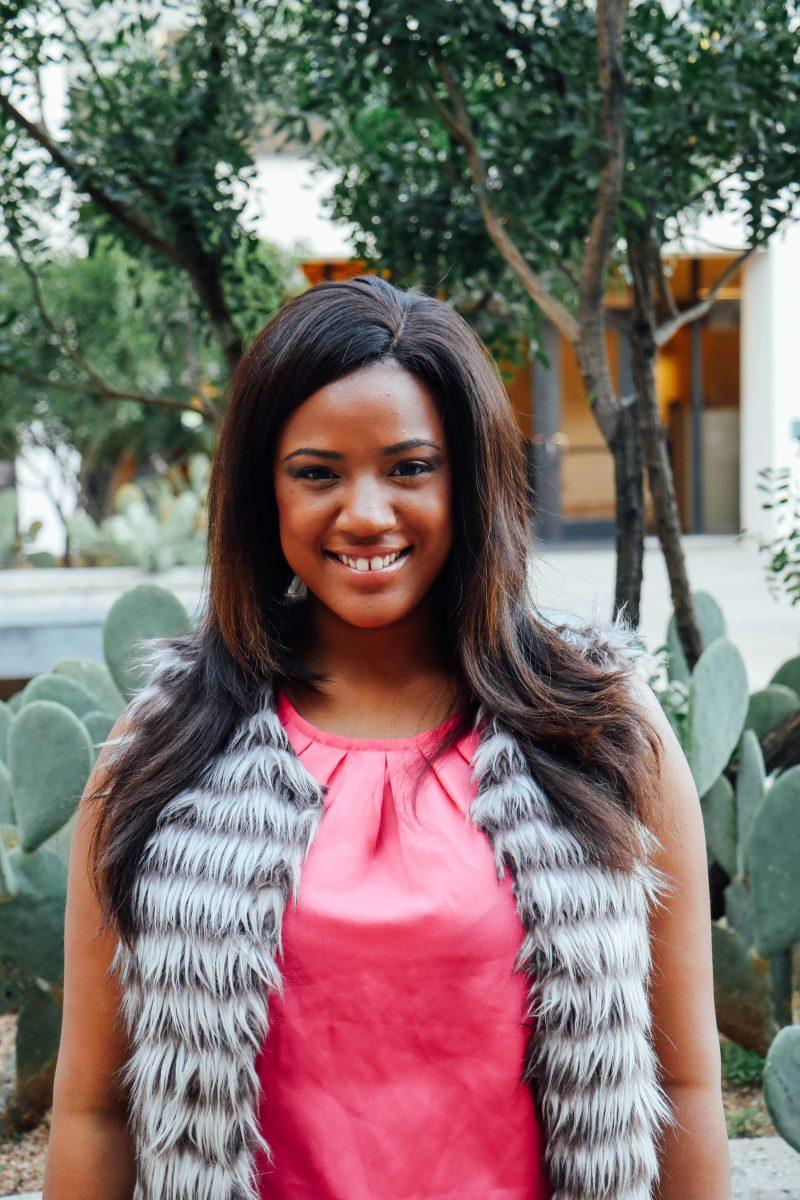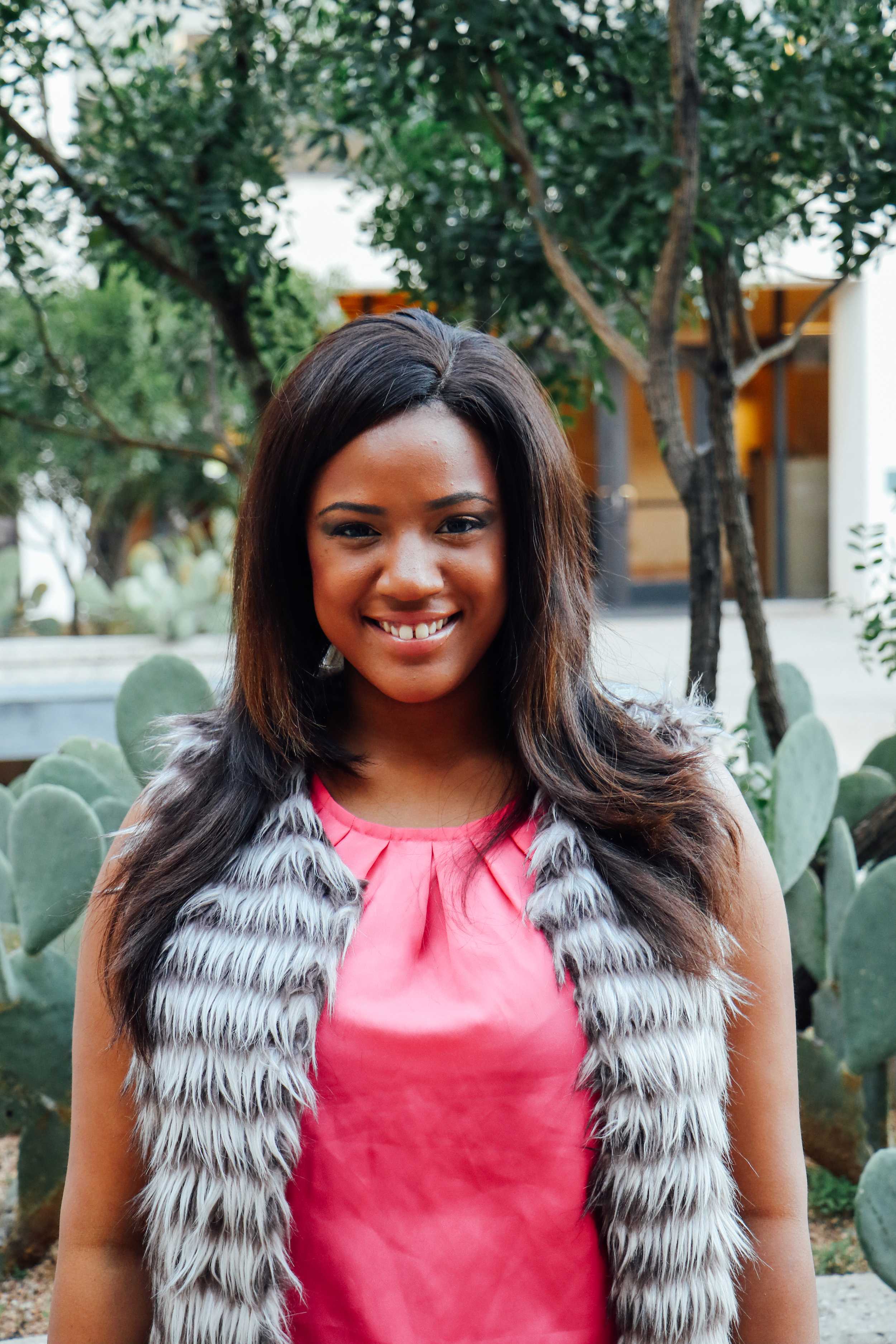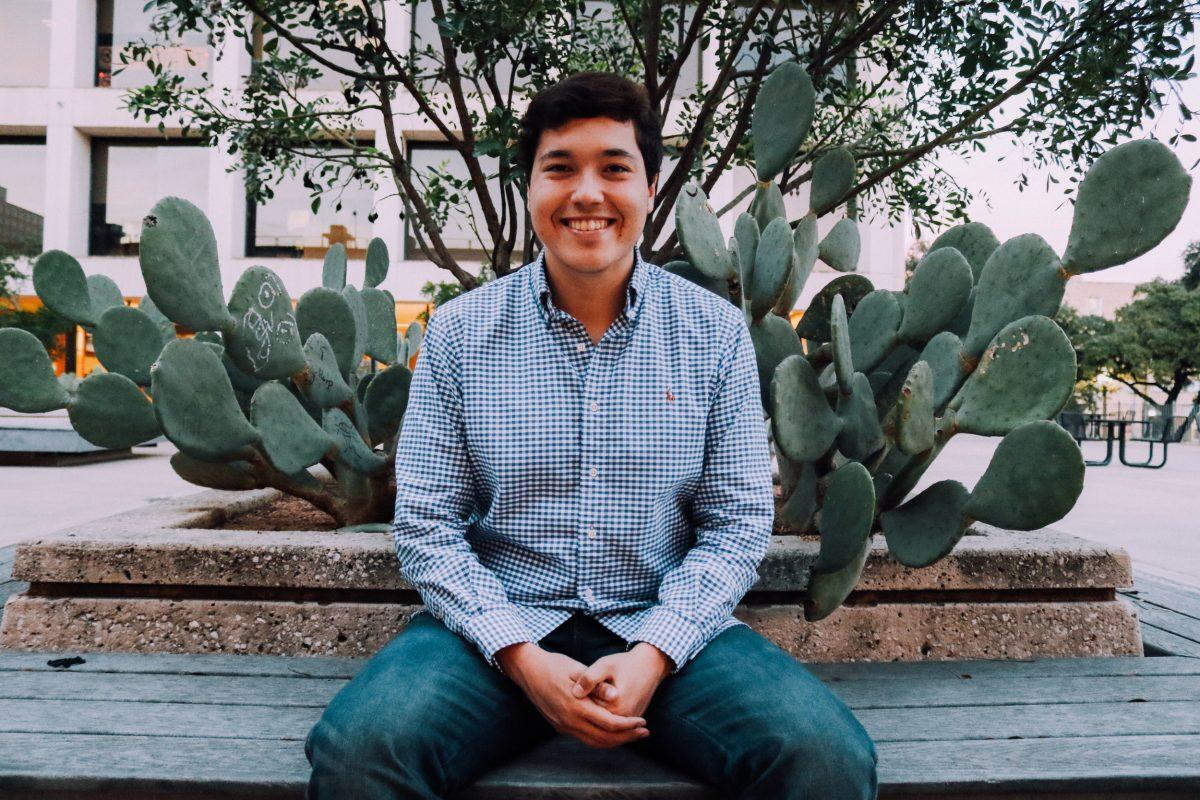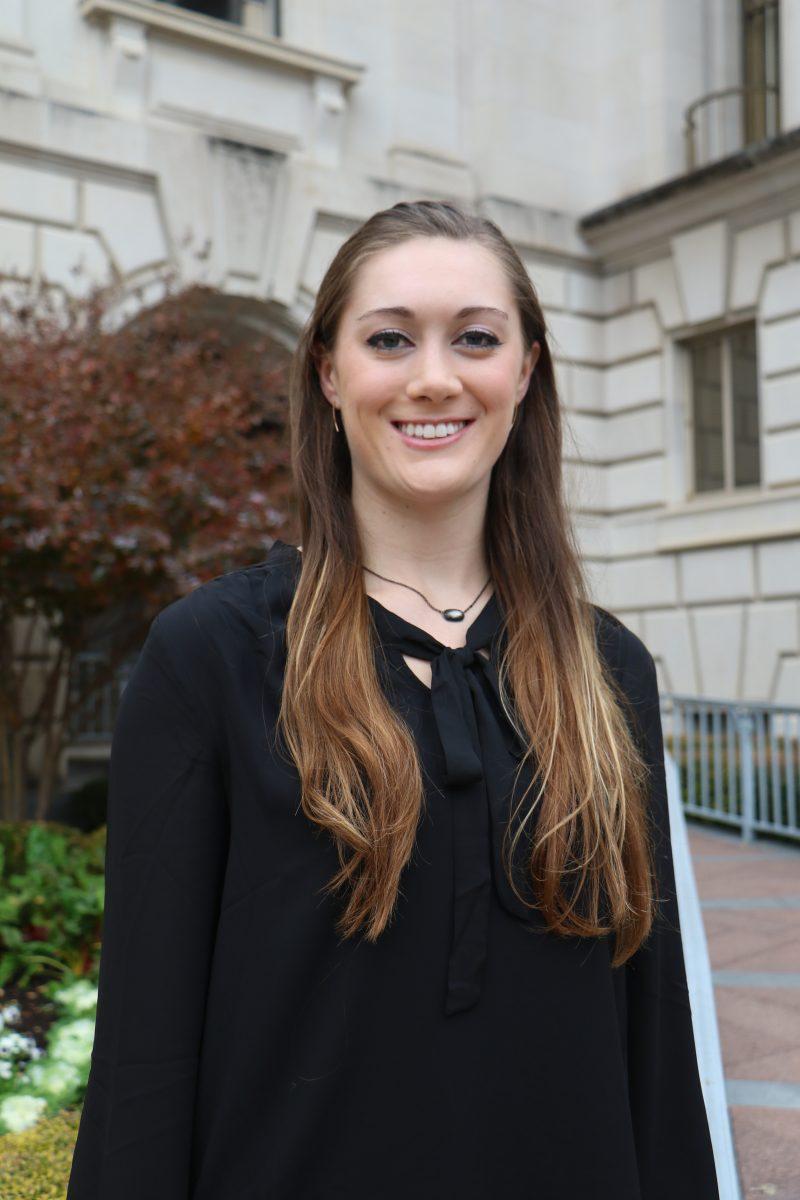Senior journalism major and National Society for Black Journalists President Nia Wesley sat down with ORANGE Magazine after winning the ATX Influencer Award to talk journalism, blackness and her plans to become a household name.
Interview by Emily Nash and Mia Uhunmwuangho
Photo by Joshua Guerra
WHAT WAS YOUR DREAM JOB WHEN YOU WERE LITTLE?
Well when I was little, it was doctor, lawyer of course, and then it was lawyer for a pretty long time, but in high school I decided to take the journalism intro class, and I loved it. One of the first stories that I wrote got on the front page of the high school newspaper, and I was like, “Hey, maybe I’m pretty good at this.” I remember in 10th grade I wrote an essay about what college I wanted to go to and what I wanted to be, and the title of it was “The Bold Beautiful Black Longhorn News Reporter” or something like that. So I decided in high school.
YOU MENTIONED WANTING TO BE A BLACK JOURNALIST. WHAT HAS BEEN YOUR EXPERIENCE NAVIGATING THE WORLD AS A BLACK WOMAN IN A SPACE THAT IS NOT ALWAYS INCLUSIVE?
First and foremost, like you said, I’m black before I am a journalist, so let’s just put that on the table. I’m navigating through society with power. Journalists have power. They have a lot of control over what society thinks and how they feel. We get to pick and choose what to tell society about something that happened, which will definitely shape the way they feel. As a black woman with power, I’m going to equate that to being a slave with a gun, and it definitely makes people really uncomfortable.
But at the end of the day, as a journalist, it’s my job to have the megaphone and to shout out the issues of the communities that are not getting access to get their issues reported. I like reporting on issues that affect the black community, minority issues period. As a black journalist, it’s definitely a unique experience that is different from a white journalist or male journalist. I’m female and black. I would say that there are hurdles in the industry, and it’s an extra weight on your back, but it’s something I’m excited to carry along with me and own it and use it to my advantage to be successful and really make an impact on society.
FOR BLACK PEOPLE THERE’S OFTEN THIS TURNING POINT WHERE YOU REALIZE, “THIS IS GOING TO BE A LITTLE HARDER BECAUSE I’M BLACK AND BECAUSE I’M A WOMAN.” IN YOUR JOURNALISTIC CAREER, DID YOU KNOW WHEN THAT POINT WAS FOR YOU?
In the classroom and at my internships — I’ve been at several internships — and I’m always pretty much one of the only black people in the entire building. It’s again, feeling your blackness, and that’s not always necessarily a bad thing all of the time. But it’s definitely something I see black people struggling with, to move up in the journalism world sometimes. I know that I made the decision in my head that I’ve accepted the fact that this is going to be harder for me, but it’s nothing I can’t handle. And the type of person I am — as an employee, journalist, period — when I market myself to a business or to someone I want to hire me, I’m going to make it where you can’t refuse me.
DO YOU FEEL LIKE THERE ARE TIMES WHERE YOU HAVE TO MARKET YOuRSELF HARDER THAN EVeRyONE ELSE OR OVERCOMPENSATE SINCE YOU ARE BLACK?
I’m constantly setting goals and being in competition with myself. You have to compare yourself to what’s out there, but I really try to make it more about me and competing against me until I ultimately feel that I’ll rise above everyone else. When I decided I wanted to do journalism, my dad drove me to the local neighborhood newspaper. We went in there, and we talked to the editor, and it was the summer time and they agreed to let me fetch copies, file and do stuff for the summer. Then I started to do AP packets with them, and they let me write up little blogs, and then I ended up having my own teen corners column in the newspaper every week. They extended it into the school year, so when school started, I was able to continue writing for them. That was an instance in my journalism career that started in high school, and it gave me a lot of confidence to really push for my goals.
YOU DO A LOT OF WORK IN THE BLACK COMMUNITY AND AS PRESIDENT OF NABJ; WHEN DID YOU STARTREALIZING THAT YOU JUST HAD TO GET INVOLVED?
I’m a natural born leader. Anywhere I go, I’m going to find some sort of council [to join]. I can think back to so many clubs. I think my parents instilled that into me. It was never just enough — you can’t just go to school and come home. I’ve always been involved. As far as the black community, the black community here at UT is ridiculously small. UT needs to do a better job at recruiting African Americans. It’s much more than using black pictures on every pamphlet to get recruits. You need to go into black neighborhoods and recruit black students who are capable of doing good here. Since the community here is so small, why not be apart of it and why not help make it better for black students who don’t necessarily feel so supported? In the journalism school, I never really dealt with that. I’ve always felt good, even as a black student, but I know other students in the architecture school or something like that who are not as comfortable.
YOU TALK ABOUT BEING A NATURAL BORN LEADER — HAVE YOU ALWAYS BEEN SO CONFIDENT?
I never had behavioral issues, but I always got in trouble for talking too much. I always had a lot to say. I’ve been working on my listening skills — to be a good journalist, you’ve got to be a good listener. Sometimes if you just listen, that’s when the real magic happens.
WHAT WOULD YOUR IDEAL POST- COLLEGE LIFE LOOK LIKE?
I’ve been studying to be a TV news reporter, so I definitely plan on applying to start-up news stations and smaller markets. I classify myself as a multi-platform journalist, so I’m also open to multi-platform news outlets where I can exercise more of my digital skills and my broadcast skills. As a journalist, I definitely feel like it’s more important to evolve with the field, and you know, it’s not all about being on the TV. I’m a true journalist, I want to get to people while they’re on Facebook and on social media.















































